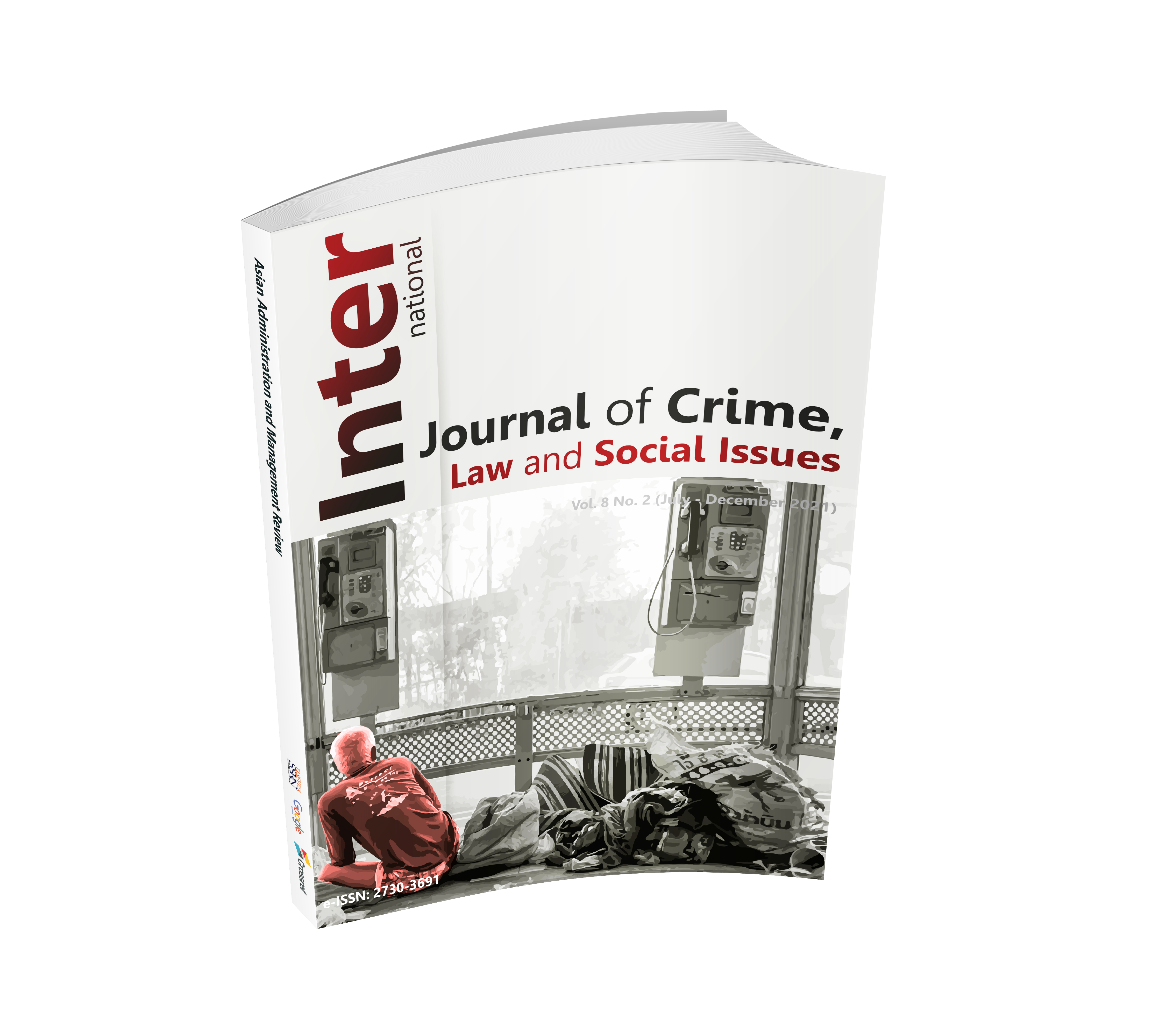Development of Legal Measures to Regulate Online Advertising of High Fat, Sugar or Sodium Foods and Beverages for Protecting Children and Youth
Keywords:
Consumer Protection Law, High Fat, Sugar and Sodium Food and Beverage, Advertising, Children and YouthAbstract
Overweight and obesity among children and youth is one of the major problems in Thailand largely due to advertising, especially online advertising that inequitably uses strategies and formats which induce children and youth to consume foods and beverages containing high fat, sugar, or sodium (HFSS). This article studies concepts and theories that support the government to create legal measures necessary to regulate advertising in order to protect children and youth’s right to health. This article further studies legal measures according to the United Nations Convention on the Rights of the Child, World Health Organization and European Union as well as those in other countries, namely the United States of America, the United Kingdom and Republic of Korea, including the limits of Thai laws together with data from in-depth interviews. The study finds that online advertising is not covered by the existing advertising regulations in Thailand. Therefore, this article suggests the laws be amended as follows: (1) Food Act 1979 be amended by increasing fine and criminalizing relevant actors; (2) Announcement of the Food and Drug Administration Re: Criteria for Food Advertisement 2018 be amended by adding regulations of food advertising that shall display label of nutrition and energy value of sugar, fat and sodium in form of GDA (Guideline Daily Amounts); (3) Consumer Protection Act 1979 be amended by redefining “advertising media” and increasing fine. By such amendments, regulations of HFSS food and beverage advertising would be applicable to advertising on online platform and their effectiveness would be enhanced.
Downloads











.png)


